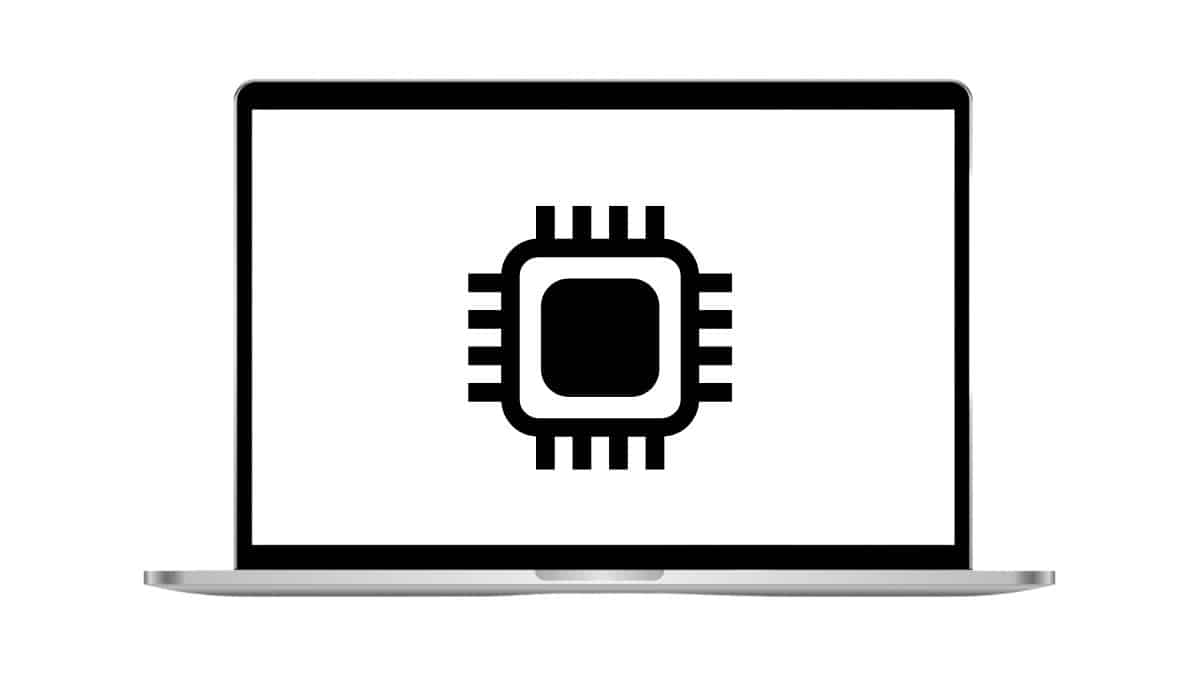HIGHLIGHTS
- Introduction about the laptop processor.
- This article covers the points on how to choose a laptop processor.
- Which type of processor is best for the laptop?

Selecting the laptop processor should be done carefully so that one will get the correct performance and efficiency that he wants. Regardless of the level of utilization – occasional, gaming, or professional, in which one needs a powerful crystal to calculate, it is necessary to know the different types of processors and their characteristics. This article will describe the characteristics of the processors and the options to choose from, like the types of processors, cores, clock speed, and power consumption to help you choose the right processor for your laptop.
Table of Contents
Laptop Processor
A laptop processor, or central processing unit (CPU), is the main chip that dictates the speed at which instructions and calculations will execute on your chosen laptop. This is the central processing unit of the computer and it is involved in all functions and activities of the computer right from browsing the internet to creating a document to even playing games to even high-definition video editing. The execution capacity of a laptop significantly depends on the performance of the core selected in it, the number of processors, clock speed, energy consumption rates, etc.
How to choose a laptop processor
Understand Your Needs:
Basic Use: Regarding the Internet, emails, or a text editor and databases, any average to decent processor will suit the need, for instance, Intel Core i3 or AMD Ryzen 3.
Moderate Use: For such uses as photo or video editing, some basic gaming, and multitasking you can get a mid-range processor such as the Intel Core i5 or the AMD Ryzen 5.
High-Performance Use: For those who are into such things as video, and graphic programming, games, and such or for people who require more raw power like i7/i9 or Ryzen 7/9 chips.
Consider the Number of Cores and Threads:
Cones and threads enable a processor to indicate tasks to perform on them at the same time so that activities may take place concurrently. Thus for normal use, a dual/ quad core C.P.U. is supposed to be sufficient but for heavy usage, or for running multiple applications, or supposing a person is a designer/developer then for a computer system 6 cores or more would be sufficient.
Check the Clock Speed:
The speed or, in other words, the power to execute a command in a processor was transformed into the clock speed expressed in GHz. This results in enhanced performance but puts stress on the power consumption and the design of the processor because of the distinct frequencies.
Look at the Processor Generation:
Subsequent generations of microprocessors are described in terms of increased performance, parameters of power consumption, and new functions. Therefore, similar to additional limitations highlighted in the previous example of the earlier generation Computers, Intel Company’s 11th Gen processors also have the extra implementation of incorporated display graphics and AI execution features.
Evaluate Power Consumption:
As for battery operation in the laptops, it is based on the power-optimized processors; among Intel’s references, being in this list means that a process is marked with a ‘U’ or ‘Y’ suffix. The various fast processors require power and they rely on the battery hence indent.
Integrated Graphics vs. Dedicated GPU:
For fundamental graphical purposes and requirements, it is suitable to have the graphical nuclei in the processors, such as Intel’s Iris Xe or Advanced Micro Device’s Vega. In general or especially for games or graphic intensity, one should become a dedicated video card called the GPU and a sturdy processor topographically called the CPU.
Consider Future Proofing:
It is advisable in most cases to look at the next higher-grade laptop’s processor because as the software advances, the processor demands go up, and possibly within the space of one to two years, your laptop may become obsolete.
Budget:
The two broad strata objectives that could be framed as having potential significance are the performance/cost issue. Establishing a budget and evaluating the stated performance rates of the processors available for purchase at the price indicated by the highest bid are also advised.
Which type of processor is best for the laptop?
For General Use and Productivity:
Intel Core i5-13500H: It is an everyday chip that will be within the thermal parameters that are not very high and thus suitable for typical tasks such as office work, and gaming among others.
AMD Ryzen 5 7640U: For normal day-to-day functioning it is very useful for some very low-end graphic games because it has a dedicated graphics card and it runs smoothly.
For High-Performance and Gaming:
Intel Core i9-13900HX: seventh and most preferable choice because it is most efficient for such users as gamers and other professionals, high clock rate, and multiple cores, special procedures for computation.
AMD Ryzen 9 7945HX: A better processor that guarantees the system of delivery when it comes to enhanced performance, especially in gaming or content creation and other complex computations.
For Ultra-Thin and Light Laptops:
Intel Core i7-13700U: Designed for ultra-thin notebooks this processor is power-saving though it is potent enough to provide decent performance in portable notebooks as well.
AMD Ryzen 7 7840U: This was supposedly for Thin and light laptops though I saw it in the post-WW made for it; the powerful performance and such a long battery backup up perfect for any portable user.
For Content Creation and Professional Workstations:
Apple M2 Pro/Max: Such processors are known to answer high standards for efficiency in new and formal tasks, they aim, for example, at video recording, 3D designing, and in software generation.
Intel Core i7-13850H: It’s mostly better for the professional levels mostly, The count of the core and threads is more here and it also supports multiple contexts.
Conclusion:
The best approach is striking a fine balance between one’s needs and the proposed application of a laptop. Knowing what exactly this core count, clock speed, power efficiency, and integrated graphics mean can help you weigh its performance versus the cost. If you want a chip that will get things done, play some games, or do professional tasks to completion, then you should consider going with the latest models from trusted names such as Intel Apple, and AMD. It is all true when it comes to making your laptop work properly and keep being actual for a long period. One of the most crucial matters that define how good your laptop can be and how much pleasure you are going to get out of it boils down to choosing an appropriate processor.
FAQs
How to pick the right processor for a laptop?
Higher CPU speeds allow your computer to perform better and run faster when using several programs at once. For instance, speeds between 3.5 and 4.0 GHz work well for most tasks. But when you compare speeds, make sure you’re looking at processors from the same family, generation, and maker.
What processor do most laptops use?
If you want a laptop for office work, look for one with an Intel 12th generation or newer processor, like an i3, i5, or i7. AMD processors from the 5000 series and up such as Ryzen 3 Ryzen 5, and Ryzen 7, should also do the job for professional tasks.


